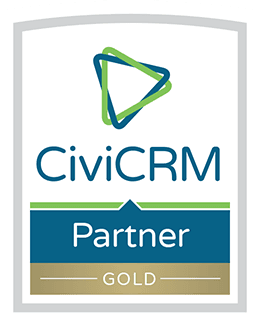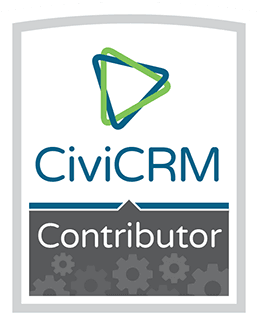We deliver a lot of CRM projects to Corporate and Charity clients and one thing we sometimes get asked about is the difference between the two. Some of the charities we deal with seem to have a sneaking suspicion that things in the corporate world must be more professional and sophisticated, and that they are in some kind of second class zone when it comes to IT projects. Well from our experience, that is certainly not the case.
There are differences between the two to be sure but often not in the way imagined - we’ve come across excellent organisation and motives in both sectors.
It is actually common for projects with charities to be more complex than systems developed for corporates which tend to focus more on converting prospects and delivering focussed and highly segmented marketing.
Charity projects, on the other hand, tend to involve:
-
More contact types, including volunteers, donors and a wider range of stakeholders
-
A more complex web of relationships, with some contacts being a volunteer for one charity, employed by another organisation and perhaps a trustee of a partner organisation
-
Service delivery tracking for charities, sometimes with some of the service being delivered by partner organisations whose staff have limited access to the system
-
And of course, membership and fundraising activities as well as campaigning
However, at the heart of everything we do whether for the public, private or third sector, there is a common thread and that is Change. We are involved in migrating people from one system to another or out of “Excel Hell” where records are scattered between multiple spreadsheets, perhaps an old Access database and some online systems like Mailchimp and Eventbrite that don’t talk to each other. That means change in where things are, how people work and what they can do. Liberating! Exciting! Empowering! …. Scary!
For more information on how we could help your organisation use technology better, do not hesitate to contact us today on 0117 909 6967, or by filling in our online contact form.







